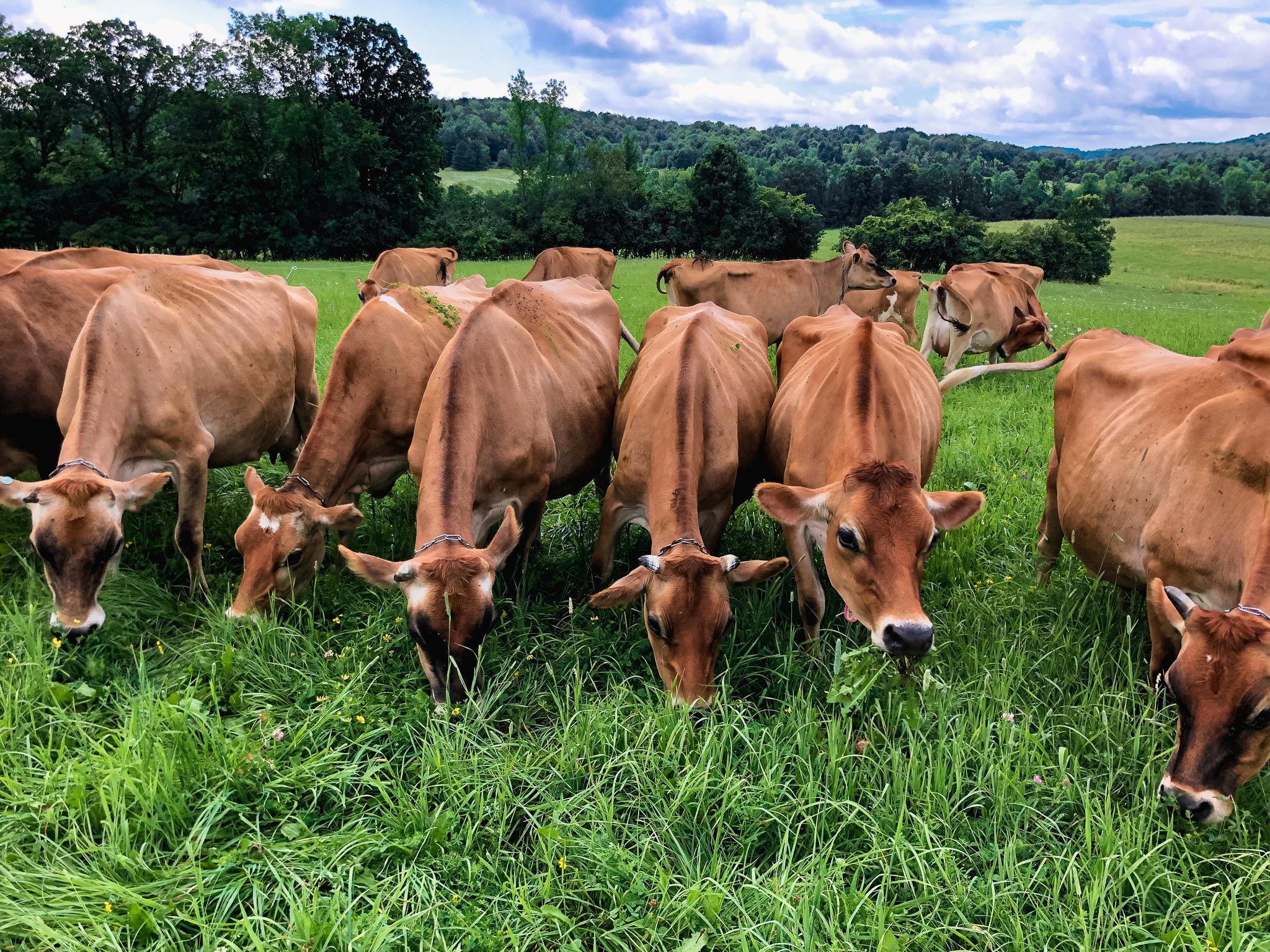If you're still wondering how FSMA might affect you, read on. The following article originally appeared in the Fall issue of NOFA Notes; we realized it was a good synopsis of the issues most affecting Vermont's farmers, processors, and consumers, and so are reprinting it here. The deadline to submit comments on the Food Safety Modernization Act (FSMA) is next Friday, November 15.
- View the slides from our recent webinar on how to craft a powerful comment.
- Read sample comments from UVM's Vern Grubinger and others
- The National Sustainable Agriculture Coalition's FSMA webpage has in-depth coverage of the bill and what might affect your specific situation, as well as comment guidance and templates for consumers and farmers.
- To view the slides from our recent webinar on how to craft a powerful comment, click here.
- The National Sustainable Agriculture Coalition's FSMA webpage has in-depth coverage of the bill and what might affect your specific situation, as well as comment guidance and templates for consumers and farmers.
- To submit your comment on the Produce Rule, click here.
- To submit your comment on the Preventative Controls for Processing rule, click here.


